 |
 |
 |
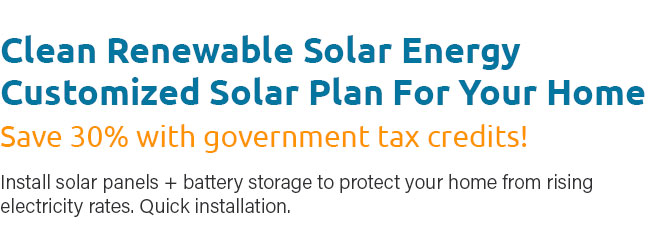 |
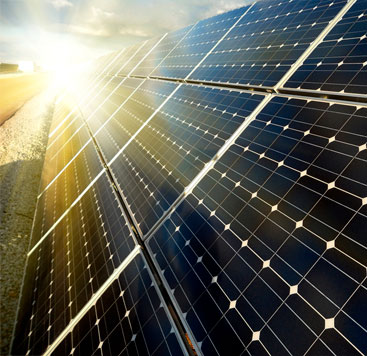 |
 |
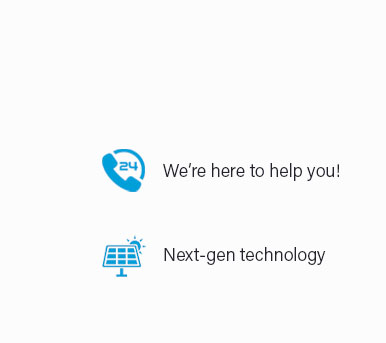 |
 |
 |
 |
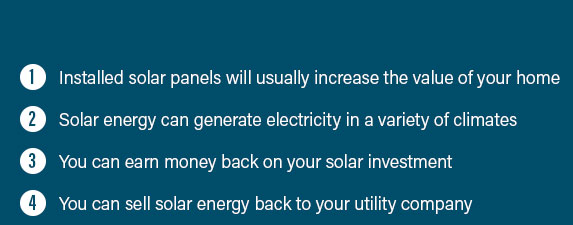 |
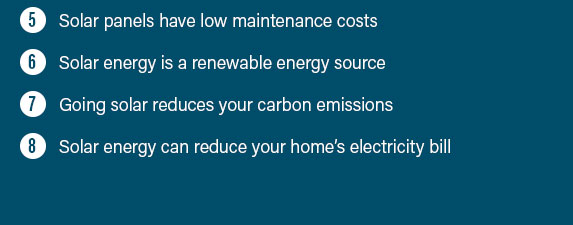 |
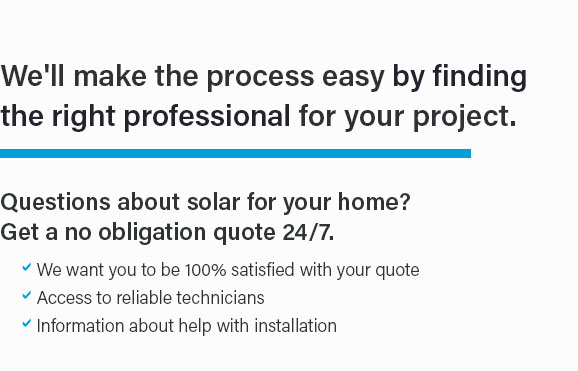 |
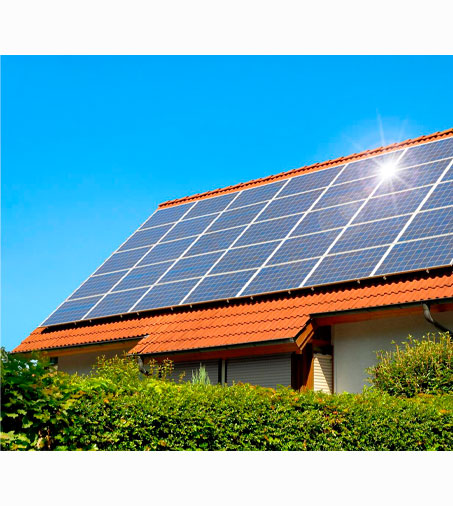 |
|
 |
 |
 |
|
Unlock the power of the sun and elevate your home with our unbeatable residential solar panel installation services-our quick, no-obligation quote will illuminate just how affordable and transformative going solar can be; with top-tier technology and expert installation, you're not just adding panels to your roof, you're investing in a sustainable future that slashes energy bills and boosts your home's value, all while reducing your carbon footprint-experience the revolution of clean energy today, because the future waits for no one.
https://www.energy.gov/eere/solar/homeowners-guide-going-solar
In most cases, yes, you can install solar panels on your home if it is governed by an HOA, though you will likely have to submit a request. Many states and ... https://www.tesla.com/solarpanels
Generating solar energy is freeusing it to power your home can help protect you from rising energy costs. Install Solar Panels, Power a Sustainable Home. https://www.floridapowerservices.com/residential-solar-installation/
We provide Florida residents with state of the art residential solar panel installation, allowing homes to harvest energy from the sun and make dramatic ...
|